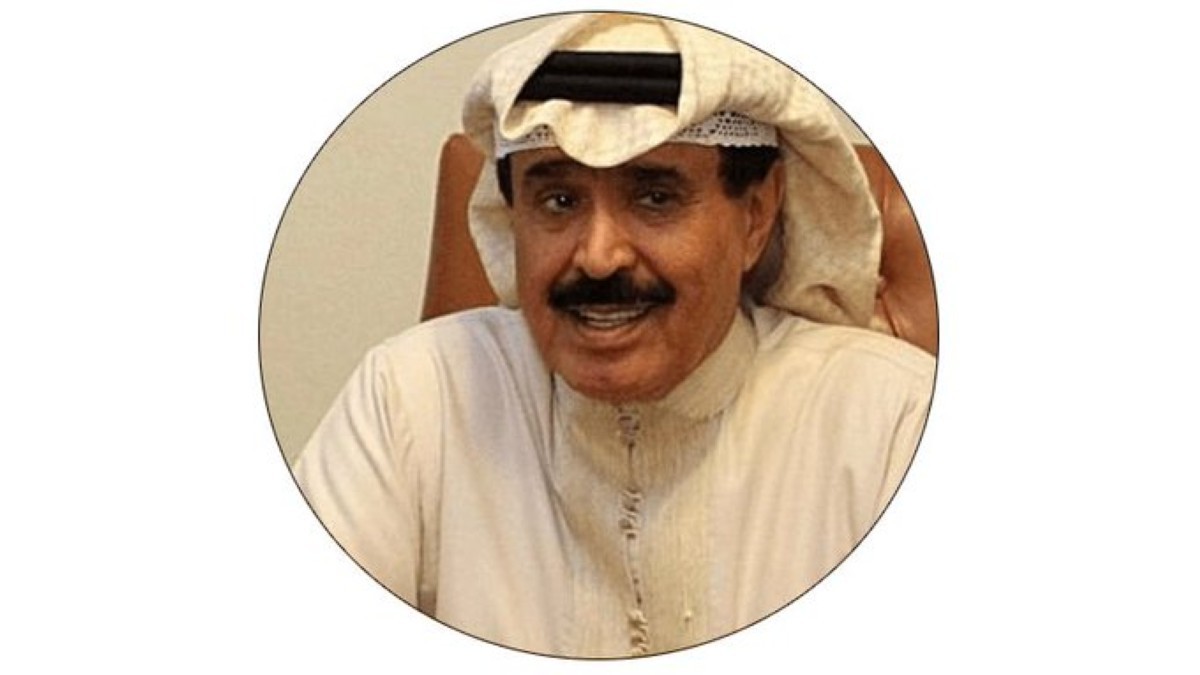10/11/2025
10/11/2025

For example, the securitization of debt in 2007 and the leniency of the US government towards banks, which collectively triggered the 2008 global financial crisis--an event whose repercussions some nations still experience today. The ‘kitchen’ functions as an early warning system, identifying risks and establishing safeguards to regulate the economic and social landscape. Any development in one area affects the other, negatively affecting the country as a whole. This leads to a decline in economic activity, which, in turn, reduces tax revenues, thus diminishing the government’s ability to fund public services. Furthermore, the ‘kitchen’ dictates the behavior of the Cabinet, not the other way around. A minister cannot make decisions based on personal interests or to satisfy a particular whim and expect others to support them.
If a decision is successful, it is lauded; if it is wrong, it is glossed over by portraying its flaws as virtues. I recall that in 2000, a global crisis led to domestic economic hardship, causing a significant reduction in public spending. However, a powerful speech delivered by HH the late Amir Sheikh Jaber Al-Ahmad, may Allah have mercy on him, during the last 10 days of Ramadan had a profound impact. His speech, rooted in the Quranic verse, “And We will surely test you with something of fear and hunger and a loss of wealth and lives and fruits, but give good tidings to the patient,” reassured the people that Kuwait was doing well. This renewed confidence led to the resumption of spending. Today, the Cabinet must prioritize implementing the directives of HH the Amir, such as expanding investment opportunities, boosting the competitiveness of the business environment, and forging strategic international partnerships. Simultaneously, it is crucial to rectify past errors and simplify procedures, as an atmosphere of uncertainty discourages investment. A recent study highlighted the strong financial position of Kuwait, with a sovereign wealth fund surpassing $1 trillion that generates annual returns of $50-60 billion.


